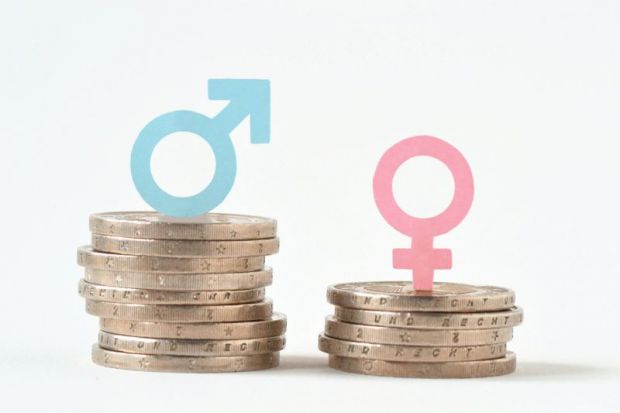Data on postgraduate employment and earnings released by the UK’s Department for Education show that the median salary for men five years after graduation is higher than for women in nearly all reported subject areas.
The latest Longitudinal Education Outcomes data for English universities revealed that, in 22 out of 24 subject areas examined, men will earn more than women on average five years after graduation.
The gender pay gap was particularly stark for those with an MBA. The data show that the median male earnings is almost £17,000 more than for women. The median salary for a woman with an MBA was £45,800, compared with £62,700 for men, according to the statistics.
The largest difference was in medicine and dentistry where the median salary of a female master’s graduate was £22,000 lower: female graduates had a median salary of £37,600, compared with £59,600 for their male counterparts.
The picture was similar across the board: female history and philosophy graduates earned £23,300 on average, while the average for men was £27,000; after completing a postgraduate course in business and administrative studies, women earned £35,100, compared with £44,300 for men; and for the physical sciences the medians were £28,500 and £32,900, respectively.
There were two exceptions: women with a master’s in English earned slightly more than men, £24,700 versus £24,500, although this was the smallest difference reported. Women who completed combined master’s courses earned £28,700 on average, whereas the male average was £27,300.
The data show that the median salary for all women with taught master’s five years after graduation was £29,500, compared with £35,200 for men. For research master’s, the median earnings for women was £29,800, and £33,700 for men.
Among those with PhDs, women earned £33,600, while men earned £39,200 on average.
In general, the highest median earnings were for those with an MBA – £57,400 – and lowest for those who studied creative arts and design at postgraduate level, who had a median salary of £20,400 five years after graduation.
The analysis showed that obtaining a master’s degree boosted business and administration graduates’ median earnings by £12,100: those with undergraduate degrees earned £26,800 on average five years after graduation, compared with £38,900 for those with a master’s.
Historical and philosophical studies master’s were shown to have a negative effect on future earnings: those with undergraduate degrees in the subject had a median earning of £25,400 five years after graduation, compared with £24,900 for those with a master’s.
The DfE pointed out that the statistics do not control for differences in the background of students or the university they attended, which could influence graduate employment outcomes. Similarly, those who go on to study for postgraduate degrees are typically the higher-attaining graduates, but this was not controlled for.
Register to continue
Why register?
- Registration is free and only takes a moment
- Once registered, you can read 3 articles a month
- Sign up for our newsletter
Subscribe
Or subscribe for unlimited access to:
- Unlimited access to news, views, insights & reviews
- Digital editions
- Digital access to THE’s university and college rankings analysis
Already registered or a current subscriber? Login








